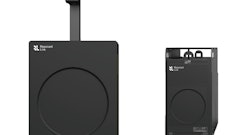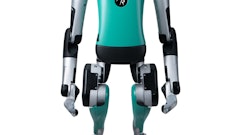Orange-juice producers in Brazil, the world's largest exporter, will accelerate efforts to phase out the use of a fungicide banned in the US after losing about $50 million from rejected shipments this year.
The use of carbendazim, which has been banned in US groves, will be phased out in six to eight months in Brazil, less than the 18 months previously expected, said Christian Lohbauer, head of the country's orange-juice exporters association CitrusBr.
Juice processors will also export more non-concentrate juice after the US Food and Drug Administration declined Brazil's request to raise accepted levels of the fungicide in concentrate, he said.
The US started screening orange-juice imports this year after the Coca Cola Co., owner of the Minute Maid brand, reported traces of carbendazim in Brazilian shipments. Juice is shipped as concentrate from the South American country to reduce costs by trimming cargo volumes and weight. The process to make juice concentrate increases the concentration of carbendazim, Lohbauer said.
"If they won't raise the permitted levels for concentrate, we will export more of non-concentrate," Lohbauer said by telephone from Sao Paulo.
The US Food and Drug Administration limits carbendazim to less than 10 parts per billion in all imports. Brazilian producers asked the FDA to raise the limit to 60 parts per billion for concentrates.
The US has rejected about 25,000 metric tons of juice from Brazil this year, causing losses because exporters will resell the cargoes at lower prices and will have higher freight costs, Lohbauer said.
Orange juice producers Sucocitrico Cutrale Ltda, Louis Dreyfus & Cie SA, Citrovita Agro Industrial Ltda and Citrosuco, which own plants in Brazil and in the US, will also boost output of juice concentrate in the US to supply the local market and meet supply contracts, he said.
Source: Bloomberg


























